Optimal Timing for Storm Restorations
Understanding the optimal time for storm restorations is essential for effective repairs and minimizing potential damage. The climate in Pflugerville, Texas, features hot summers and occasional severe weather, including thunderstorms and hail, which can impact property integrity. Performing storm restorations during periods of stable weather ensures safety and allows for thorough, lasting repairs. Typically, the most suitable seasons are late spring through early fall, when weather conditions are less likely to interfere with restoration work.
This period offers favorable weather conditions, reducing the risk of delays caused by storms. Early restoration efforts can prevent further damage from summer storms.
After peak storm season, property owners can address damages with minimal weather-related disruptions, ensuring repairs are completed efficiently.
Colder temperatures and potential winter storms make these months less ideal for storm restorations, as weather can hinder progress and safety.
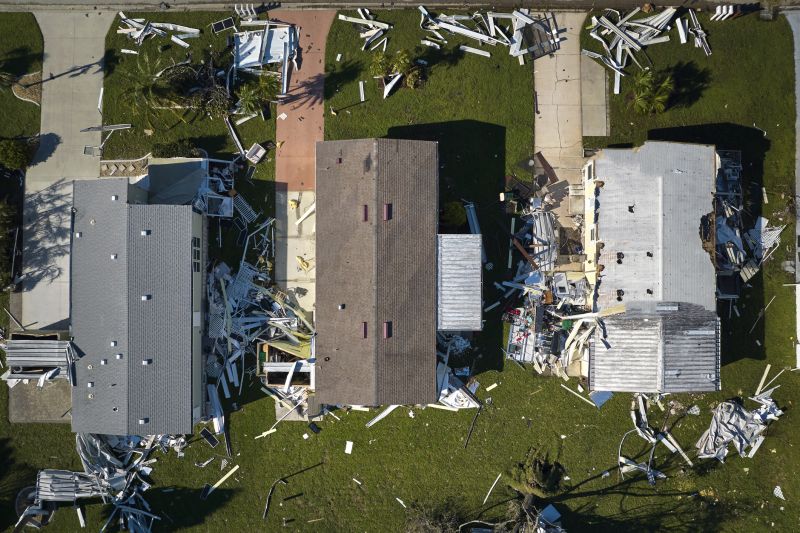
Initial evaluation of storm-related damages to determine necessary repairs.

Restoring roofs damaged by hail, wind, or heavy rain to ensure durability.
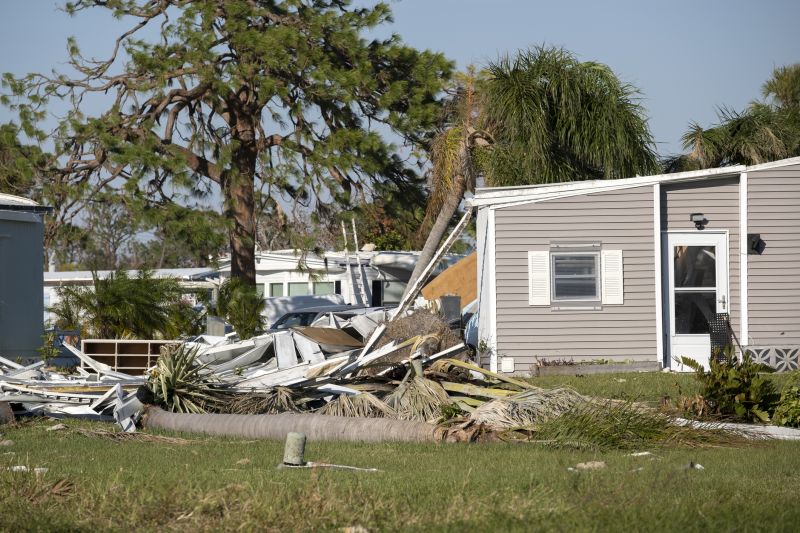
Fixing siding, gutters, and windows affected by severe weather.
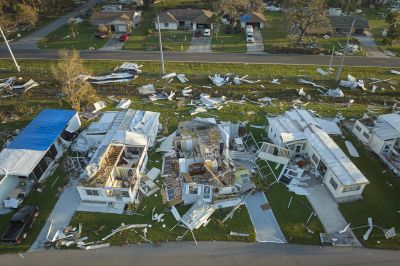
Comprehensive assessment to identify all affected areas post-storm.
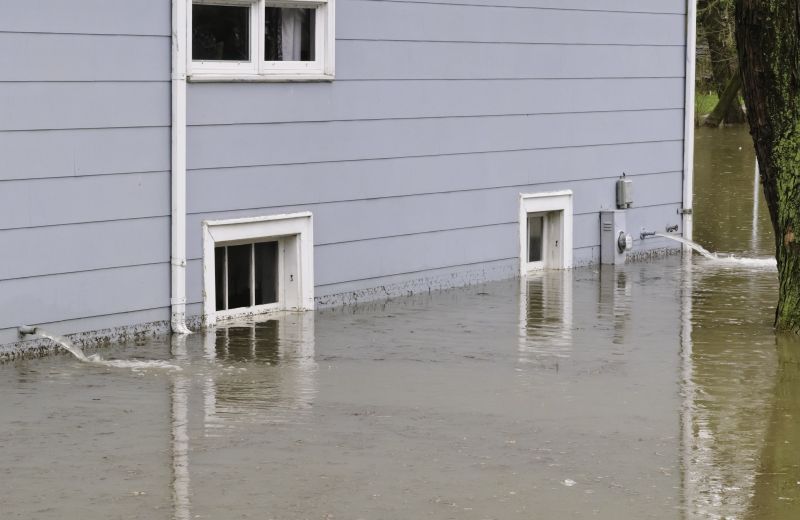
Temporary fixes to prevent further damage until permanent restoration.
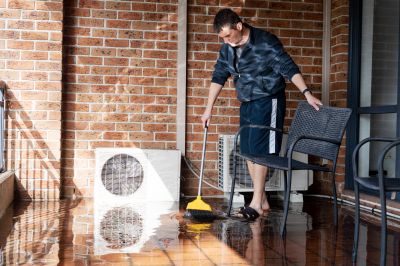
Supporting property owners through insurance processes for storm damages.
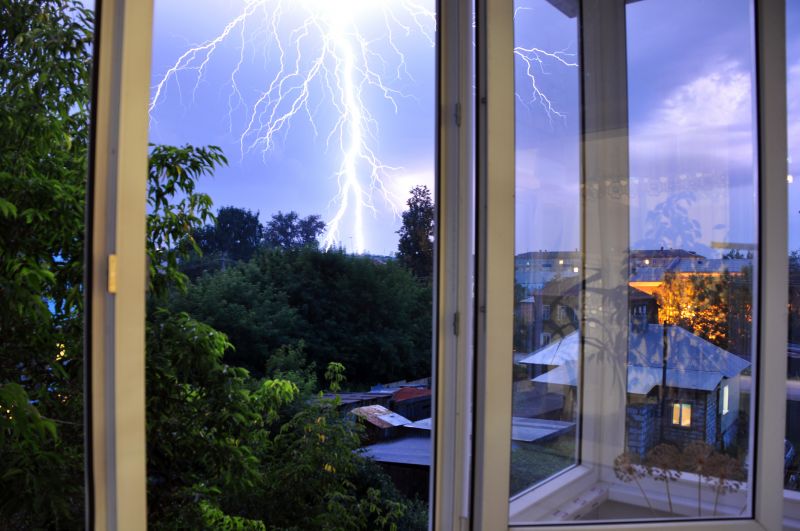
Understanding how storms can weaken building integrity over time.
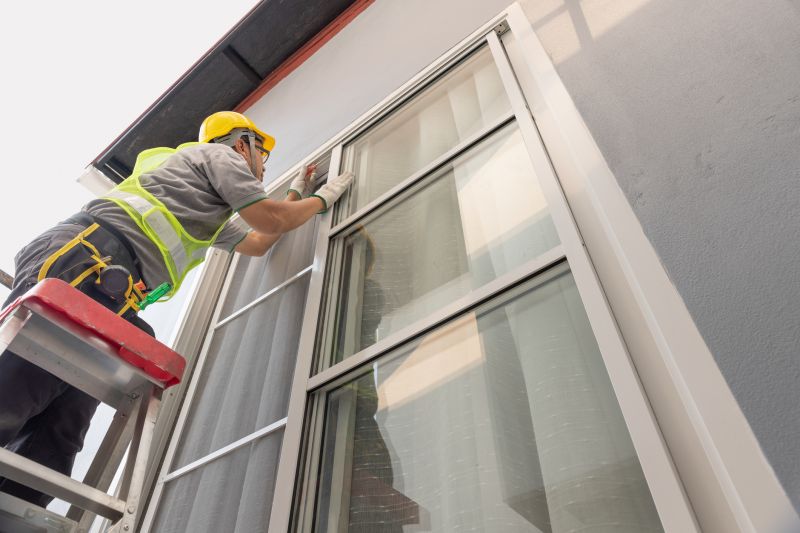
Strategies to minimize storm damage and facilitate quicker restorations.
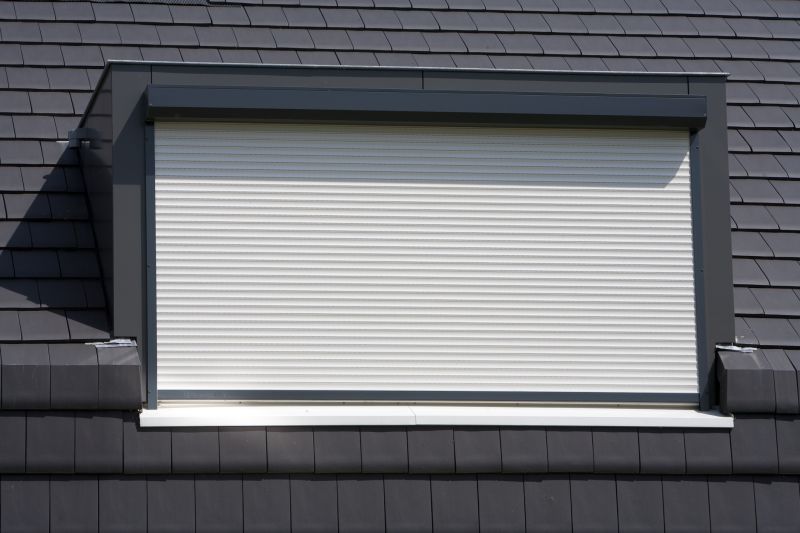
Images showcasing recent restoration projects after severe weather events.
| Season | Ideal for Storm Restorations |
|---|---|
| Spring | Yes |
| Early Summer | Yes |
| Late Summer | Yes |
| Early Fall | Yes |
| Late Fall | Less Ideal |
| Winter | Not Recommended |
Storm restorations are critical for maintaining the safety and integrity of properties affected by severe weather. Timely repairs can prevent further deterioration, reduce costs, and restore property value. Proper planning and choosing the right season for restoration work can lead to more efficient and effective results. Weather conditions, such as temperature, humidity, and storm activity, significantly influence the success of restoration efforts.
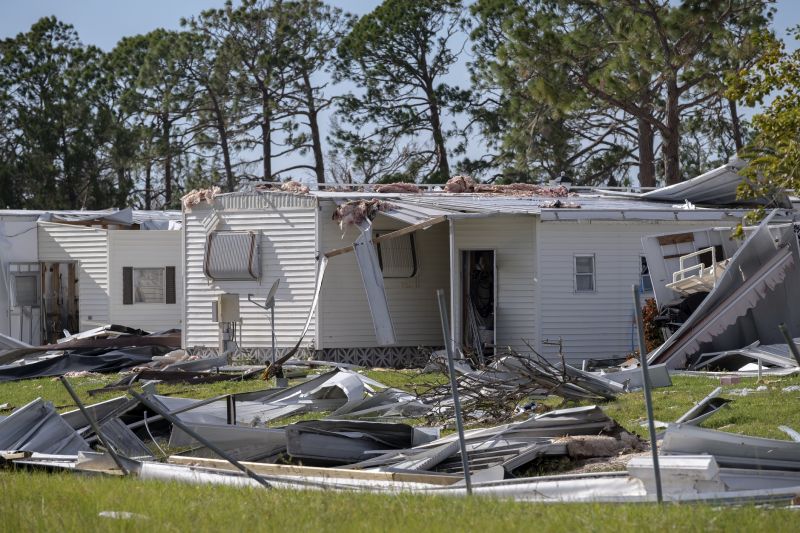
Restoration of roofs damaged by hail or wind.
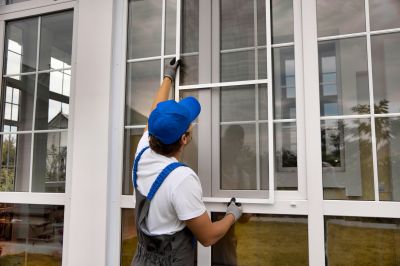
Repairing siding and windows after storms.
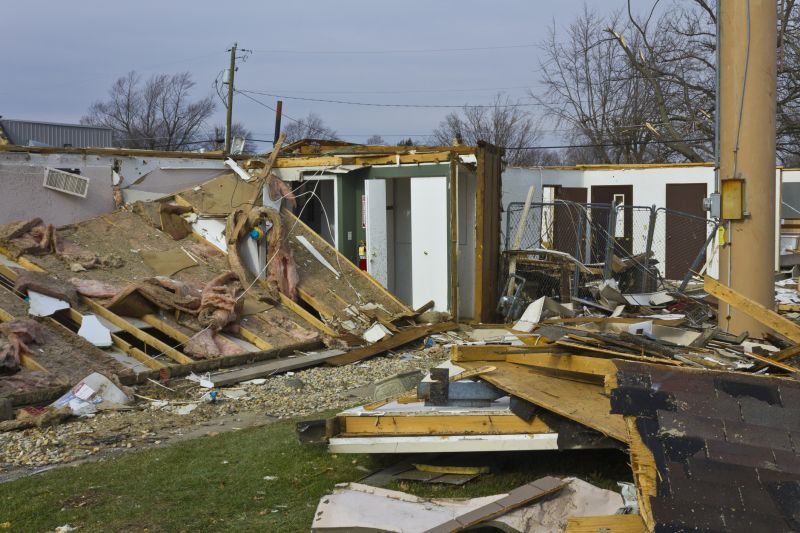
Temporary repairs to prevent further harm.
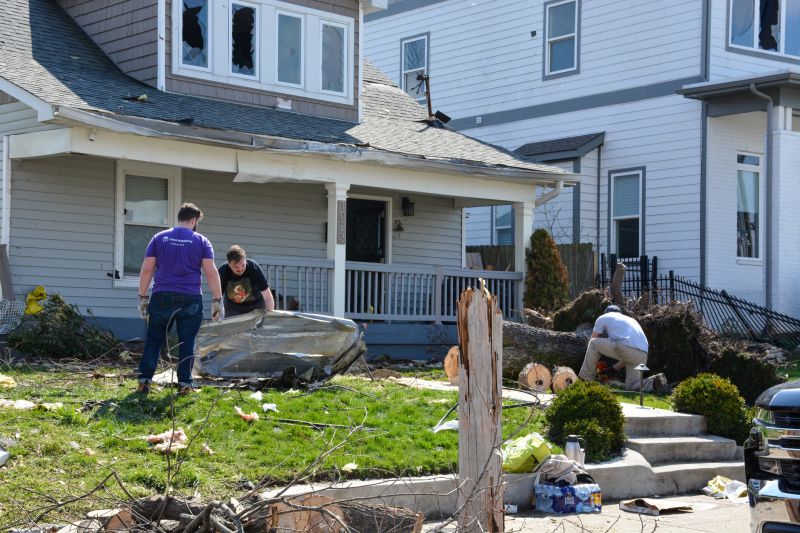
Complete restoration projects after severe weather events.
Filling out the contact form can help property owners schedule assessments and plan restorations during optimal times. Proper timing and preparation are key to ensuring properties withstand future storms and minimize damage.

